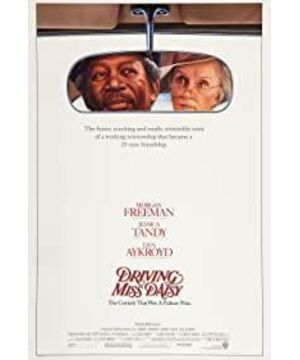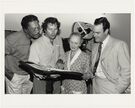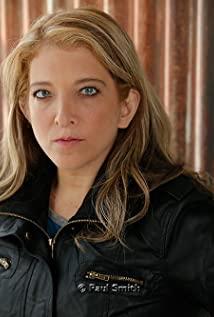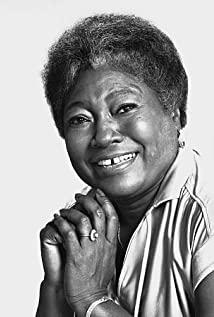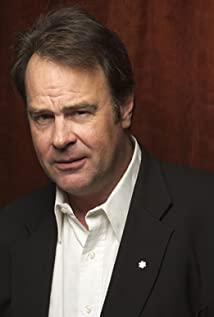Hoke: We're only 19 miles an hour.
This is a story about an old Jewish woman and her black driver. Like this faint description, the story is calm, but it is full of narratives about the world and people in an unconscious narrative.
The story takes place in Georgia, the "Empire State" in the mid-twentieth century, the southern state that only re-entered the Union after the Civil War. The protagonist, Black Hawk, has a cheerful personality, rich life experience (in the part of troubleshooting the elevator), loyal and honest (the part in returning the can), but it is not surprising that he is illiterate. At the beginning of the story, he was employed by a young man. A capitalist, driving for his mother. That old mother-the Jewish woman "Miss Daisy"-was old, conservative and stubborn. After a hard life, she lived a prosperous life, but she still did not forget the past, including her former career as a teacher (Cemetery Dialogue and Elderly symptoms are reflected in the latter part of the film). The two people with very different personalities were connected because of their employment relationship, and since then began a journey of "Drive for Miss Daisy".
From the very beginning, the strong Daisy was very opposed to her son finding a driver for her, and she could hardly accept anything new when she was old-fashioned. She rejects things that she considers wasteful and unnecessary, including new drivers. Fortunately, Hawke, played by Freeman, used his optimism, patience, and duty...In short, he has many excellent characters and gradually received her psychological acceptance. So there was a dialogue in the cemetery initiated by the word Bauer: from a serious elementary school teacher and a careful student, just to let Hawke find a certain tombstone.
I think the climax of the story was when Hawke took Daisy to Alabama for the birthday of his old relative, Walter. Early in the morning, the small car drove out of Atlanta in the rhythm of Daisy's "hurried". With the slightly weird joyous music today, it passed through the grass and wheat fields and pierced the interstate highway. Both the playful "Leaving Georgia for the First Time" story by Zike and the plot of Daisy's childhood memories during a roadside nap are gradually showing that the two people have completely different trust in each other in the spiritual world. At this time, two Alabama patrolling police officers looked at and questioned Chuck with (probably) the suspicious eyes and tone used by whites in Southern States, and left a sentence beside the police car, "An old nigger and a It's really rare to see old Jewish women in the same car." This line can really trigger reflections on the background of the story, especially for non-American audiences. Jews and blacks are the most subject to religious and racial discrimination in the Western world. Although they are both victims of an unjust society, the two nations have different social status and living standards. Therefore, this combination is seen by whites. It's so ridiculous.
This is also the brilliant approach of the film, which is full of metaphors in the sense of the times. The second half of the story also involves the bombing of the synagogue and talks about Martin Luther King; but the film does not focus on the ink here, but it ends, more about time, or about the humanities of warmth and affection. feelings.
The conscientious Hawke has served Daisy for many years. Even in a blizzard day when the roads are blocked by snow, the kind Hawke will appear on time. For Daisy, he is no longer just a driver, but a loyal companion to a lonely old life. As she herself said: "You are really my best friend."
At the end of the film, Daisy, who is in her old age in the nursing home, eats with the help of the same gray-haired Hawke, stares at each other and smiles. When my mother watched the movie with me, seeing the subtitles appeared, she turned around with some doubts and regrets and said, "Is it over?"
View more about Driving Miss Daisy reviews


